Till today, we have seen concept of manufacture (removal of goods), Sale of goods and rendition of service as taxable event for the purpose of taxation in various instruments of indirect taxation. SUPPLY of goods and services is a new concept as taxable event in GST. Is it really new? Reading through the Model GST law released by the Empowered Committee on 14th June, I find that it is not something newly researched but an attempt to mix all the existing concepts in use under Central Excise, State VAT laws and Service tax law. Given the fact that the Central Excise, VAT and CST and Service tax beside other levies will be subsumed in GST. I find that there was lesser of choice on this account.
The other important factor which has missed the attention of policy makers is that unless similar changes are brought in accounting standards and the disclosure requirements in financial statements, the total concept of counter checking the figures returned in GST with audited balance sheets and figures shown in income tax returns will not fructify. The audited accounts will continue to disclose the figures of Sales of goods and services rendered and invoiced. I am sure that the way concept of reconciliation of returned figures in GST with the Audited accounts has been proposed. There is an urgent need to look at the system of accounting of Supply of goods and services as proposed in GST and a similar proposal be introduced in Accounting.
Another disturbing aspect is the time of supply of goods provided in Section 12 which provides the time of supply as earliest of Removal of goods by Supplier, issue of invoice by Supplier, receipt of payment by Supplier OR the receipt of goods in the books of recipient. I am still struggling to find out in what case the goods could be received by recipient without being removed by Supplier. This clause (d) will have another dimension of fixing the liability of supplier on the basis of accounting of recipient on which Supplier has not control.
In this article an attempt has been made to analyse all the above issues.
Definition of Goods and Services
The word GOODS has been defined in Section 2(48) and the word service in Section 2(88) as follows
(48) “goods’’ means every kind of movable property other than actionable claim and money but includes securities, growing crops, grass and things attached to or forming part of the land which are agreed to be severed before supply or under the contract of supply;
Explanation.– For the purpose of this clause, the term ‘moveable property’ shall not include any intangible property.
This definition is different than the definition of goods in state VAT laws in following respects
(a) The intangible property is proposed to be excluded from the definition as it has been treated as Service in Model GST law.
(b) The exclusion of Newspaper has not been considered in GST. Newspaper has now been considered as Goods.
(c) GST includes Securities in Goods which is excluded as goods by state VAT laws.
(88) “services’’ means anything other than goods;
Explanation: Services include intangible property and actionable claim but does not include money.
By combined reading of above two definition, it is clear that MONEY is the only item which has been excluded from the scope. All other items have been brought under the taxation purview and exceptions will be made through negative list.
Meaning and Scope of Supply – Section 3
(1) Supply includes
(a) all forms of supply of goods and/or services such as sale, transfer, barter, exchange, license, rental, lease or disposal ……………….,
(b) importation of service, ……………………………………
and
(c) a supply specified in Schedule I,………………………………..
(2) Schedule II, in respect of matters mentioned therein,……………………………………
(2A) Where a person acting as an agent …………………….., the transaction between such principal and agent shall be deemed to be a supply.
(3) Subject to sub-section (2), the Central or a State Government may ………………….
(4) Notwithstanding anything contained in sub-section (1), the supply of any branded
service by an aggregator, as defined in section 43B, under a brand name or trade name owned by him shall be deemed to be a supply of the said service by the said aggregator.
Schedule I deals with items of Supply of goods and services without consideration.
Schedule II deals with matters to be treated as Supply of goods and services.
The list provided in Schedule II shows that all the items provided as deemed sale in State VAT Acts and all the items provided under Declared Services have been included in this schedule.
Time of Supply of Goods – Section 12
12. Time of supply of goods
(1) The liability to pay CGST / SGST on the goods shall arise at the time of supply as determined in terms of the provisions of this section.
(2) The time of supply of goods shall be the earliest of the following dates, namely,-
(a) (i) the date on which the goods are removed by the supplier for supply to the recipient, in a case where the goods are required to be removed or
(ii) the date on which the goods are made available to the recipient, in a case where the goods are not required to be removed; or
(b) the date on which the supplier issues the invoice with respect to the supply; or
(c) the date on which the supplier receives the payment with respect to the supply; or
(d) the date on which the recipient shows the receipt of the goods in his books of account.
The incidence of tax will depend on the time of supply of goods as mentioned in this section. Clause (d) of the section prescribes date of receipt of goods by recipient in his books of account. The important question in this regard is
1. Can the goods be received by recipient without being removed by the supplier or sold by supplier or made available by supplier to recipient?
2. Can the receipt of goods be accounted for by the recipient without invoice, payment in respect of those goods or without receipt of goods?
In case answer to the above two questions is negative, than what is the rational of providing clause (d) along with other clauses.
Time of Supply of Services – Section 13
(1) The liability to pay CGST/SGST on services shall arise at the time of supply, as determined in terms of the provisions of this section.
(2) The time of supply of services shall be:-
(a) the date of issue of invoice or the date of receipt of payment, whichever is earlier, if the invoice is issued within the prescribed period; or
(b) the date of completion of the provision of service or the date of receipt of payment, whichever is earlier, if the invoice is not issued within the prescribed period; or
(c) the date on which the recipient shows the receipt of services in his books of account, in a case where the provisions of clause (a) or (b) do not apply.
Similarly in respect of services the date of receipt of services in the books of account of recipient has been provided as one of the events other than invoice, date of receipt of payment, completion of provision of services. Can the debit be made in the books of accounts of recipient without payment being made, invoice being received or services being received. Than on what basis clause c has been included in model law. IN this regard, I could find the reference to Clause 7 of Point of taxation rules, 2011, which is as under :
7. Determination of Point of taxation in case of specified services or persons
Notwithstanding anything contained in rules 3,4 or 8, the point of taxation in respect of persons required to pay tax as recipients of service under the rules made in this regard in respect of services notified under sub section (2) of section 68 of the Act shall be the date on which payment is made :
Provided that ………………………………………….
Provided further that in case of ‘associated enterprises’ where the person providing the services is located outside India, the point of taxation shall be the date of debit in the books of accounts of the person receiving the service or date of making the payment whichever is earlier.
The above provision in the Service tax was made in respect of associate enterprises to tax the transactions where the recipient makes a provision for expenses and claims an expenditure. The same principle seems to have been considered in GST law. But the bigger question in this regard remain unanswered
1. Can an expenditure be booked even as provision without receipt of services for it or without invoice?
2. In present Service tax law, this aspect has been considered in the case of reverse charge liability only in respect of associate enterprise, where payment is the other trigger for liability.
3. Determination of Suppliers liability to tax on the basis of entries made in the books of accounts of Recipient will create an anarchical situation.
Disclosures in Financial Statements
The present accounting principles, disclosure requirements and income tax requirements require the following to be shown as Income on credit side of profit and loss account
1. Sale of goods
2. Sale of Services
The Supply of goods and Services besides including sale of goods and services include many more items like Advance payment received is shown as Current liability etc. The Annual Return to be filed under GST upto the month of September will call for reconciliation to be made of Returned figures with figures in the Balance Sheet of entity. It is also true that income tax needs to be calculated in reference to Sale figures and not in reference to Supply figures. To meet this dual objective, the disclosure in the financial statements be made in the following manner :
Supply of goods and Services
Less : Net Goods dispatched but not invoiced
Less : Net Payments received but not invoiced
Less : Goods / Services supplied without consideration
Income Tax Calculator fy 2017-18
 CA SANJEEV MALHOTRA
CA SANJEEV MALHOTRA
FCA, FCS, AICWA, LL.B
Indirect tax Consultant
casanjeevmalhotra@gmail.com




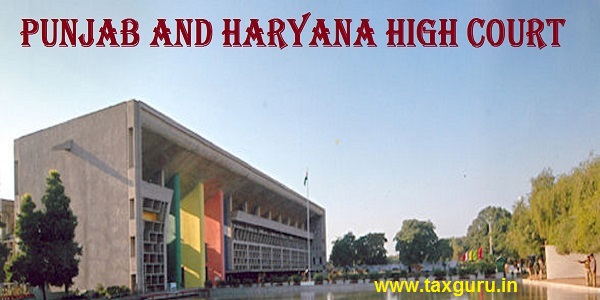

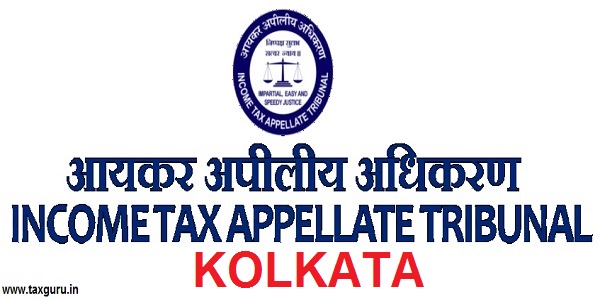



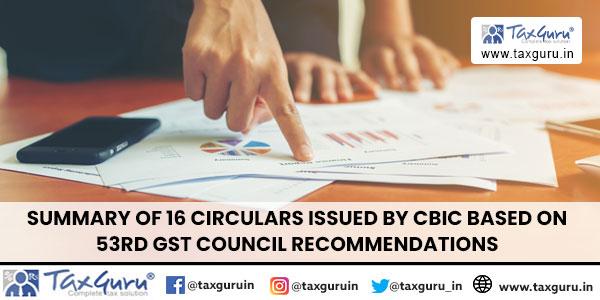
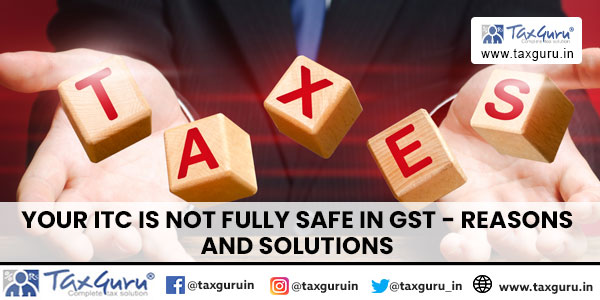
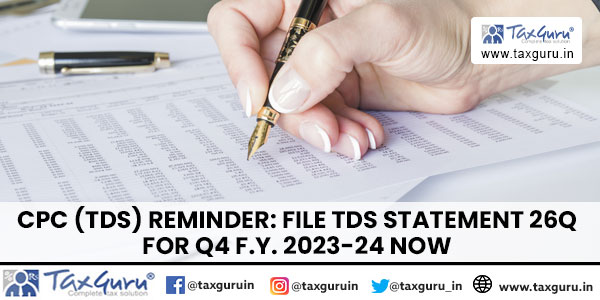
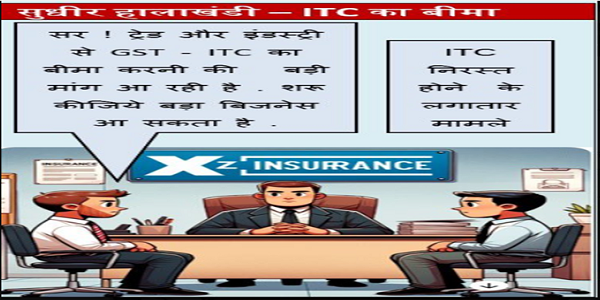
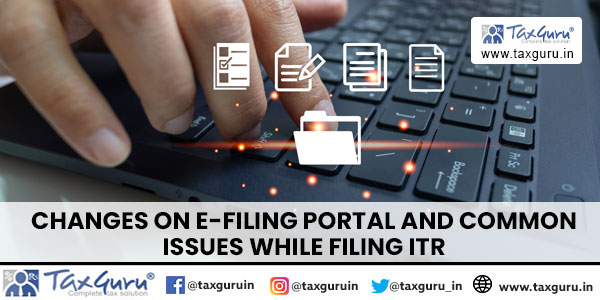
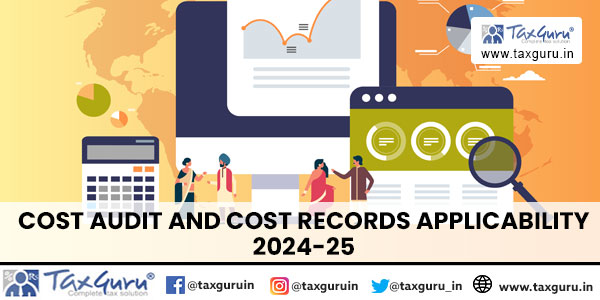









Sir,
Also receipt on consideration is stated in supply of goods. Which is not in present case under Excise and VAT law.
How to treat advance or loan adjusted against supply of goods or service, since taxability arises at an early date in such cases.
rajiv